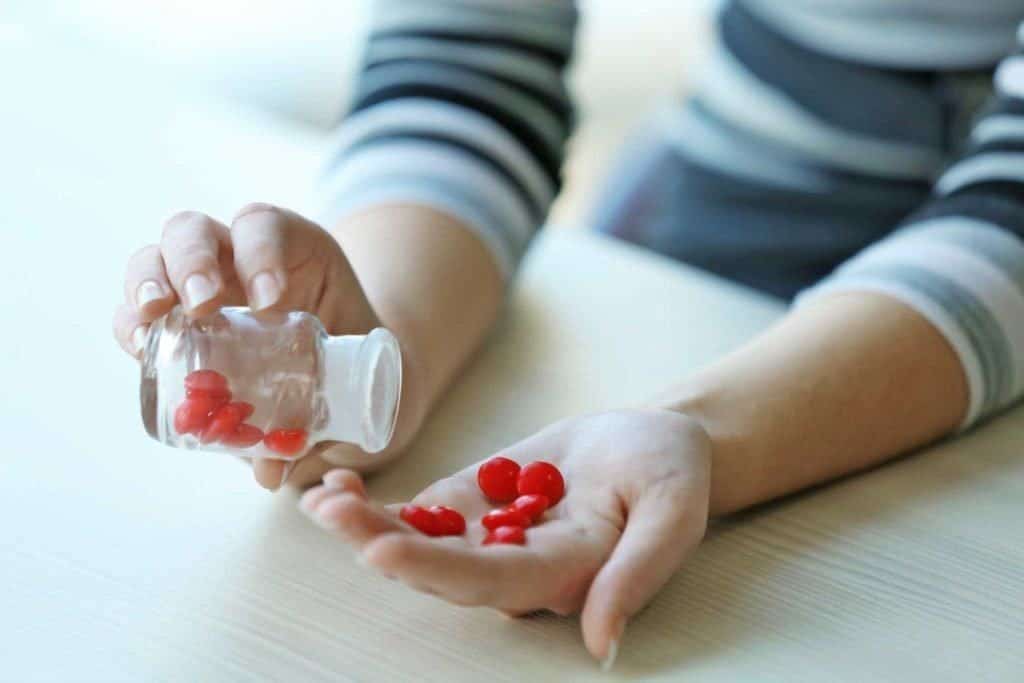Contents:
Medical Video: Blood Test for Cholesterol | Nucleus Health
Definition
What is blood chemistry?
Chemical tests are blood tests that measure the level of some substances in the blood (such as electrolytes). A chemical test will show your general health, help see certain problems, and find out whether treatment for the specific problem you are experiencing works well. This general blood test panel measures important electrolyte levels and other chemicals, including:
- Glucose, or blood sugar, broken down in blood cells to provide energy. Higher levels can be caused by diabetes or medications such as steroids.
- Sodium Level in the blood represents a balance between sodium and water intake and expenditure. Abnormal blood sodium levels can indicate heart or kidney dysfunction or dehydration.
- Potassium plays an important role in the regulation of muscle activity, including contraction of the heart. Kidney failure, vomiting, or diarrhea can cause abnormal levels.
- Chloride Level can increase and decrease in parallel with the level of sodium to build electrical neutrality. Some disorders can change the level of chloride, including kidney dysfunction, adrenal disease, vomiting, diarrhea, and congestive heart failure.
- Carbon Dioxide (CO2) acts as a buffer system to help build acid-base balance in the blood. Respiratory diseases, kidney disorders, severe vomiting, diarrhea, and very severe infections can produce abnormal levels.
- Blood urea nitrogen (BUN) gives a rough measure of glomerular filtration, or a level of blood filtration through small blood vessels in the kidney. High BUN levels can indicate kidney dysfunction.
- Creatinine—Which is the product of creatine breakdown, is an important component of muscle - specifically excreted by the kidneys. Serum creatinine levels are considered the most sensitive blood test of kidney function.
Some chemical tests see more substances in the blood than other chemical tests. The most complete form of a chemical test (called Kimia-20, SMA-20, or SMAC-20) examines 20 different things in the blood. Other types of chemical tests (such as SMA-6, SMA-7, or SMA-12) research less. The type of chemical test you do depends on what information your doctor is looking for.
When do I have to undergo blood chemistry?
This group test is often done when you do a physical examination. If you are sick, the results of a chemical test can help the doctor decide on your treatment.
Prevention & warning
What should I know before undergoing blood chemistry?
Various types of treatment can change the level of electrolytes, blood urea nitrogen, and creatinine, and interfere with the results of this test. Excessive consumption of licorice or accidental consumption of ethylene glycol or methyl alcohol can affect acid-base balance and change carbon dioxide levels. A diet rich in meat can cause a temporary increase in serum creatinine.
A high-protein diet, gastrointestinal bleeding, or dehydration increases blood urea nitrogen levels, while a low-protein or overhydration diet tends to reduce it.
Process
What should I do before undergoing blood chemistry?
Before doing the test, what you should do is:
- report to your doctor any medication, herbs, or supplements used. You may be advised not to continue certain drugs before the test
- Avoid eating too much meat before testing blood urea nitrogen
- no special precautions are needed before tests for sodium, potassium, chloride, carbon dioxide or creatinine
- do not drink alcohol before this test
What is the process of blood chemistry?
The medical personnel who are in charge of taking your blood will take the following steps:
- wrap elastic bands around your upper arm to stop the blood flow. This makes the blood vessels under the bond enlarge making it easier to inject needles into the vessels
- clean the part to be injected with alcohol
- inject a needle into a vein. More than one needle may be needed.
- attach the tube to the syringe to fill it with blood
- remove the ties from your arms when taking blood is enough
- attach gauze or cotton to the injected part, after the injection is finished
- put pressure on the part and then put on a bandage
What should I do after undergoing blood chemistry?
Elastic belts wrap your upper arms. It might be a bit tight. You may not feel a needle injection, or you may feel like being stung or pinched.
You can remove the tape and cotton after 20-30 minutes. You will be scheduled to take your test results. Your doctor will explain what your test results mean. You should follow your doctor's instructions.
Explanation of Test Results
What do the test results mean?
Normal values vary from lab to lab and depend on what tests are included in your chemical test. The results are usually available in 1-2 days.
Many conditions can change the results of chemical tests. Your doctor will talk to you about any abnormal results that can be related to your symptoms or medical history.
Hello Health Group does not provide medical advice, diagnosis or treatment.











